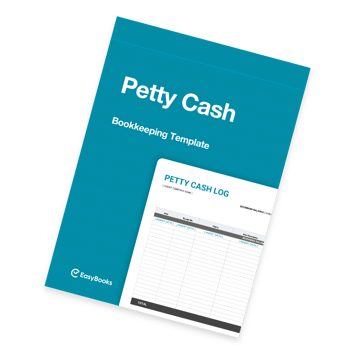If you run a business and you want to claim back some business expenses, then they must be incurred ‘wholly and exclusively.’ HMRC have very clear rules about what you can and can’t claim back for. From office expenses to travel and business premises, here are five types of business expenses for taxes which you can claim back, plus five others you might not have considered.
Office Expenses
If you use office supplies like stationery, printers (including ink) and postage, then you can claim back these expenses. If you also purchase business equipment such as computer equipment and software (licences etc), then you can also claim for these.
Although, you might have to claim these as capital allowances if you don’t use cash basis accounting.
Business Premises
If you buy building premises, then you can’t claim any expenses. However, you can claim expenses for rent, maintenance and repairs. You’re also able to make claims for at least a portion of your utility bills, property insurance and security costs.
It changes if you run your business from home. If you do, then you can include part of your home utility bills and also an allowance for using your actual home for business use. It gets a little tricky here as you need to work out the proportion of your home that’s used for your business.
HMRC doesn’t have an exact formula for this either. Instead, they give guidance upon how you have to divide your home costs between private and business use in a way that’s reasonable. They’re pretty vague, so you need to be very careful when you divide your expenses based on which rooms you use for your business and for how long.
The more rooms you flag up for your business to claim expenses, the more likely HMRC might raise some questions.
Travel
If you do a lot of travelling for your business, then things are a bit easier. When claiming back business expenses for use of vehicles, there are generally two methods that you can choose from. You may wish to seek guidance from a professional before you decide which would be best for you. You can either include car or van costs, vehicle insurance, and any hire charges (This also includes any repairs, servicing and breakdown cover). Or alternatively, you can choose to pay yourself a flat rate per mile and claim for your mileage for the year.
This can be quite challenging to calculate. The best thing to do is use the simplified vehicle expenses feature which is a flat rate provided by the government.
When claiming for business expenses for travel, you can also include travel by train, bus, plane or taxi. If you’ve stayed in a hotel room overnight on a business trip and had any meals, you can go ahead and include those too (but please bear in mind that you’re only allowed to claim for your own expenses, you cant include any guests) and any expense must not be ‘unreasonable.’
It’s important to be able to tell the difference between the travel costs you can and can’t claim for. If you travel for meetings and site visits, then that’s fine. But if it’s commuting to and from work, then that doesn’t count. That also means you can’t claim for entertaining any clients or for hospitality purposes (as a tax deductible expense).
Legal and Financial Costs
You can also claim back any expenses should you need to hire a professional for business purposes. This can include an accountant, surveyor, architect, solicitor and more. You can also include bank, overdraft and credit card charges if it’s business-related. This also includes interest on bank and business loans, hire purchase interest and leasing payments.
However, if you use cash basis accounting, then you can only claim up to £500 in interest and bank charges.
Staff Costs
You can breathe a sigh of relief, as employee and staff salaries count as allowable expenses. You can include things like any bonuses you offer, pension contributions, benefits, agency fees and National Insurance contributions in your staff salary costs.
What Else?
As a business owner, here are other types of business expenses for tax which you may also be able to claim back (as long as they fall within HMRC’s ‘wholly and exclusively rule).
- Stock and materials: Include costs of any stock, raw materials and direct costs that arise from producing your business’ goods.
- Subscriptions: You can include any costs of memberships to trade bodies or professional membership organisations your business has. Just remember that they need to be relevant to your business.
- Business insurance: You can claim for any business insurance policy you have in place. Some examples of insurance types include public liability insurance, business assets insurance, professional indemnity insurance and more.
- Marketing: If your business incurs any marketing costs, such as newspaper advertising, mailshots, website costs and more, then you claim back these costs as well.
- Clothing: Your business’ policy might require staff to wear a uniform. If you provide this, then you can include the cost of uniforms and necessary protective clothing into the expenses you can claim back. Although, you can’t include the cost of everyday clothing that you or employees wear to work. Uniforms should bear the name/logo of your business to prove that they’re exclusively for business use. If not, you could find yourself having to exclude these in the event of any investigation.
Knowing that your business can claim back some expenses in one thing, but having the right resources is what makes the process much smoother. Without them, it can be a long-winded and strenuous task which is why your business will benefit from an expense template to help you get started.
Download Your Bookkeeping Template
We’ve put together a wide range of templates that will help you better manage your business, such as petty cash, profit and loss, to customer invoicing.
Get your free templates now using the link below.







